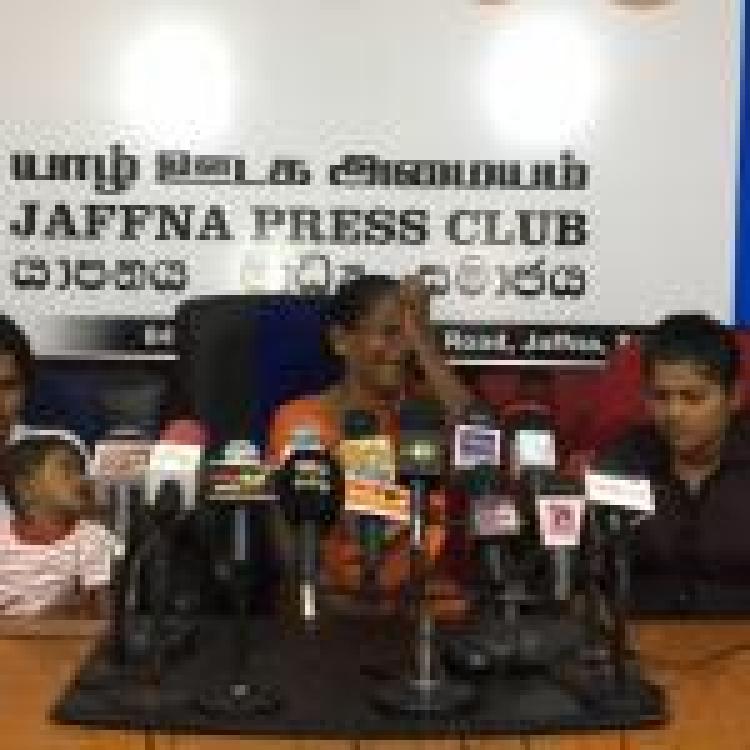The Sri Lankan government has “fallen far short” on transitional justice efforts, the South Asia director of Human Rights Watch has said, criticising the government’s lack of progress on accountability and security sector reform, including the failure to repeal the Prevention of Terrorism Act (PTA).
“Families of victims of enforced disappearances, frustrated by numerous Government commissions that provided no answers to the fate of their loved ones, have been holding street-side vigils for well over a year,” South Asia director, Meenakshi Ganguly, wrote in Sri Lanka’s Daily FT.
The recently established Office of Missing Persons (OMP) has acknowledged the “massive trust deficit among victims’ families” Ganguly said, and pointed out that the office “lacks a mandate to refer cases for prosecution, so there are limits on its capacity to deliver justice.”
Ganguly criticised the Sri Lankan president’s statements promising protection for Sri Lanka’s security forces, whom he calls war heroes, against prosecution for conflict-related crimes. “Most recently, he has defended the senior most military official, who is accused of covering up the killings of 11 youths, and chided his Cabinet when they failed to support his decision,” she said.
Although a draft law to set up a reparations office is pending, “some victims’ families fear they will be expected to settle without proper accountability for conflict-related abuses,” Ganguly said.
“Among the [Sri Lankan] Government’s pledges to the Human Rights Council was to create a special court with participation by international investigators, prosecutors and judges, to ensure that everyone criminally responsible on both sides will be brought to justice,” Ganguly pointed out.
“The Government has also failed to keep its promise for security sector reform. Not only is torture in police custody still depressingly common, bur the Government has yet to repeal the Prevention of Terrorism Act (PTA), which has long facilitated indefinite detention without charge, torture, and other serious abuses.”
“Proposals for a new counterterrorism law to replace the PTA have been seriously flawed. The latest version, approved by the Cabinet on 12 September, is harsher than the existing law, and permits the death penalty. Unless the Government starts consulting with the relevant civil society groups, this proposed law is likely to go nowhere.”
The UN human rights council “should insist upon clear, time-bound benchmarks and a monitoring framework”, Ganguly said, concluding that “the victims of abuses await justice”.


